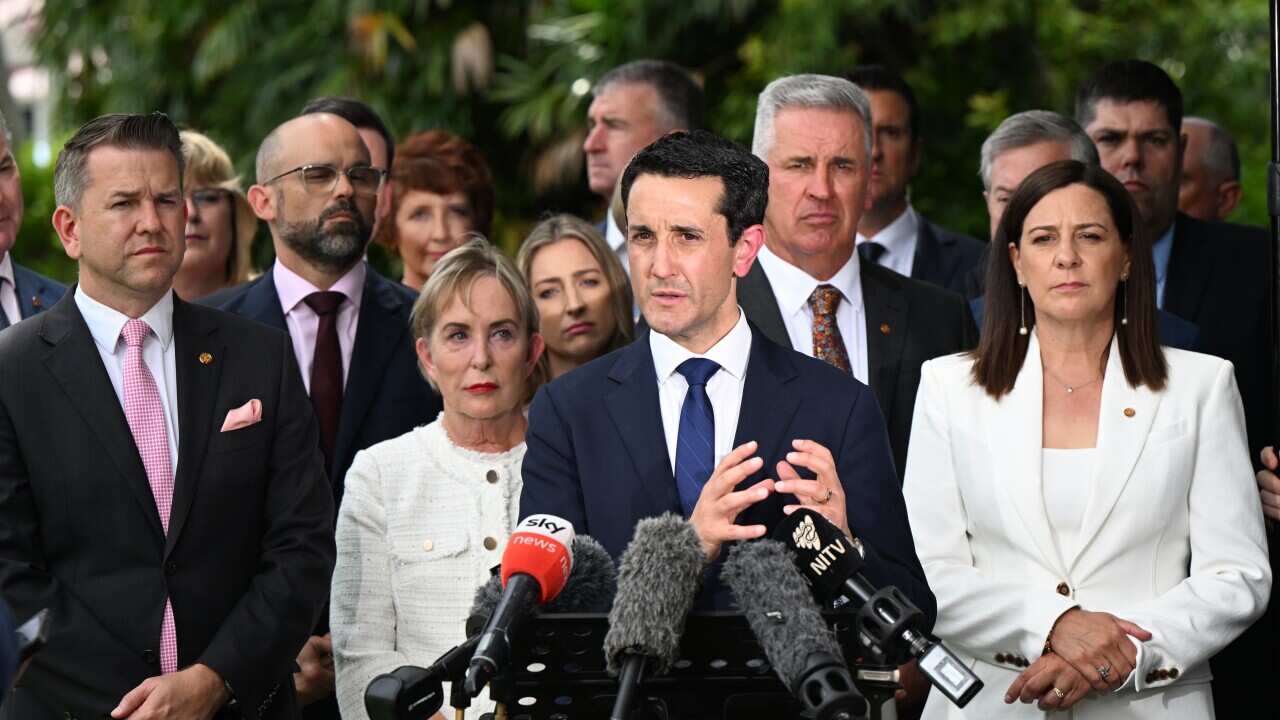TRIGGER WARNING: This article discusses suicide
Advocates say they're 'shocked and upset' following the suicide of an 11-year-old girl in Western Australia.
The Noongar girl died in Perth Children's Hospital, just weeks after the man accused of sexually abusing her was arrested and granted bail.
Academic and human rights lawyer Hannah McGlade said there were significant systemic failures that contributed to the girl's death.
"This girl was clearly not safe," she told NITV News.
"The police certainly did fail her and didn't give her any due regard and we know there is systemic bias in policing and it's not being confronted.
"They are denying it and window-dressing in setting up Aboriginal advisory committee but not actually addressing racism in the police force.
"It may not be conscious but it is there and it's destructive in it's outcome as it certainly has been in this case."
'Shocked and upset'
The WA police assistant commissioner, Jo McCabe, said the alleged offender should not have been granted bail.
“For someone so young to take their life is unacceptable and tragic and many questions need to be answered,” she said.
“An early assessment of this case tells me that police bail should have been opposed and not considered in this instance.”
Dr McGlade said these failures are all too common when it comes to protecting Indigenous women and children.
"These systemic failures that seem to go on when Aboriginal women and children's lives are at stake is an all too common story that's contributing to a situation that we're describing as 'femicide' of Indigenous women," she said.
"This has been a long, ongoing situation from colonisation to today and governments have a clear duty under human rights law to do what they can, to be taking proper steps to protect victims from this type of abuse.
"We're very shocked and upset because we know that government failures have been very significant here."
'Systemic breakdown'
CEO of suicide and trauma support service Thirrili, Jacqueline McGowan said we have to get better at supporting our children and young people.
"I cannot understand how bail could be enabled in such a horrific case," she said.
"The system is overstretched and there has obviously been systemic breakdown, not just within individual agencies but how they work collaboratively.
"I don' know exactly where the breakdowns occurred, but they certainly did. I hope that the coroner's inquiry finds where they occurred so we can prevent something like this happening again."
Ms McGowan said it is important to remember there are often many things at play when tragedies such as this occur.
"We often talk about the symptoms - drugs and alcohol, abuse - rather than causality," she said.
"We talk about mental health as the basis of these things, and it is, but it is a symptom of trauma. We need to work with our young people on trauma.
"It's heartbreaking that so many of our young people believe that suicide is the only option.
"It takes a community to raise a child, we've been saying that for a long time. You can't just say their family let them down, it's up to us all - teachers, services, communities - to work together."
Readers seeking support and information about suicide prevention can contact: Lifeline on 13 11 14, the Suicide Call Back Service on 1300 659 467 or find an . There are resources for young people at .










